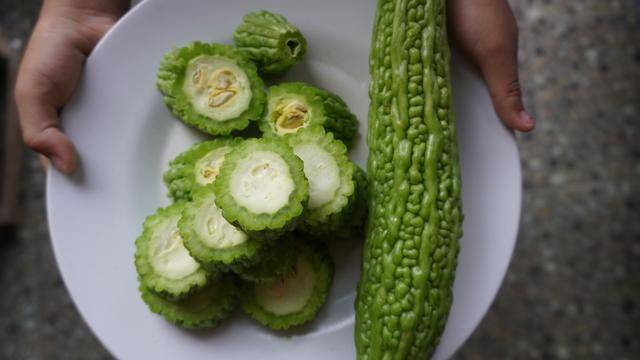With the arrival of summer, people begin to seek various ways to cool down and reduce heat. In traditional Chinese medicine theory, summer is the time when Yin energy is at its peak, so we need to regulate the body’s Yin and Yang balance through diet.
Among many foods, there is one known as a “natural Chinese medicine,” which is the commonly seen melons.
Especially in July, consuming melons can not only help cool down and relieve summer heat, but also clear the lungs, detoxify, hydrate, and soothe the mind.
I. Types and Benefits of Melons
(I) Watermelon
1. High water content: Watermelon contains about 92% water, making it a good source of hydration to maintain water balance.
This is important for various bodily functions, including regulating body temperature, transporting nutrients and oxygen to cells, and maintaining joint and eye lubrication.
2. Rich in vitamins and minerals: Watermelon is rich in vitamin C, crucial for immune system health, skin health, and heart disease prevention. Additionally, watermelon contains vitamin A, important for eye health and immune function. It also includes potassium essential for heart health, nerve function, and fluid balance.
3. Antioxidants: Watermelon is rich in antioxidant components such as lycopene and β-carotene, helping defend against free radicals, preventing chronic diseases like heart disease and cancer.
4. Aid in digestion: Watermelon is high in fiber, crucial for a healthy digestive system, preventing constipation, and maintaining intestinal health.
5. Aid in weight loss: Due to its high water content and low calories, watermelon can help you feel full without adding too many calories, serving as a healthy weight loss food.
6. Helps reduce blood pressure: Watermelon contains an amino acid called L-citrulline, believed to help lower blood pressure.
7. Supports muscle and nerve function: Watermelon contains an amino acid called L-arginine, essential for muscle and nerve function.
(II) Winter Melon
Winter melon is a nutritionally rich vegetable with several main health benefits:
1. Diuretic and anti-swelling: Winter melon’s abundant potassium helps the body eliminate excess water and has a good diuretic effect, assisting ailments like body edema, high blood pressure, and kidney disorders.
2. Lowers blood sugar: Winter melon’s polysaccharides effectively reduce blood sugar levels, beneficial for diabetes patients.
3. Antioxidant properties: Winter melon is rich in vitamin C and other antioxidants that eliminate free radicals, prevent cell aging, and combat aging to a certain extent.
4. Lowers cholesterol: The dietary fiber in winter melon helps lower cholesterol levels in the blood, aiding in preventing cardiovascular diseases.
5. Aids digestion: The dietary fiber in winter melon promotes gastrointestinal motility, aiding digestion and preventing constipation.
6. Cooling effect: Winter melon is cooling in nature, effective at reducing heat-related symptoms in summer like heat stroke and internal heat.
7. Provides essential nutrients: Winter melon contains various vitamins and minerals essential to maintaining normal bodily functions such as vitamin B, calcium, iron, phosphorus, etc.
(III) Cucumber
1. Hydration: Cucumbers contain 95% water, helping replenish body fluids to prevent dehydration.
2. Low calorie: Cucumbers are low in calories, suitable for weight control or weight loss efforts.
3. Nutrient-rich: Cucumbers are rich in vitamins K, C, B1, potassium, copper, manganese, bioflavonoids, and carotenoids, benefiting overall health.
4. Antioxidant: Cucumbers’ antioxidants help the body resist damage from free radicals, preventing aging and chronic diseases.
5. Heart protection: Potassium in cucumbers helps lower blood pressure, protecting against heart diseases.
6. Skin protection: Cucumbers’ water content and vitamin E help moisturize the skin, preventing dryness and wrinkles.
7. Eye protection: Carotenoids in cucumbers help protect the eyes, preventing eye diseases.
Continue to the next message for the rest of the translation.


